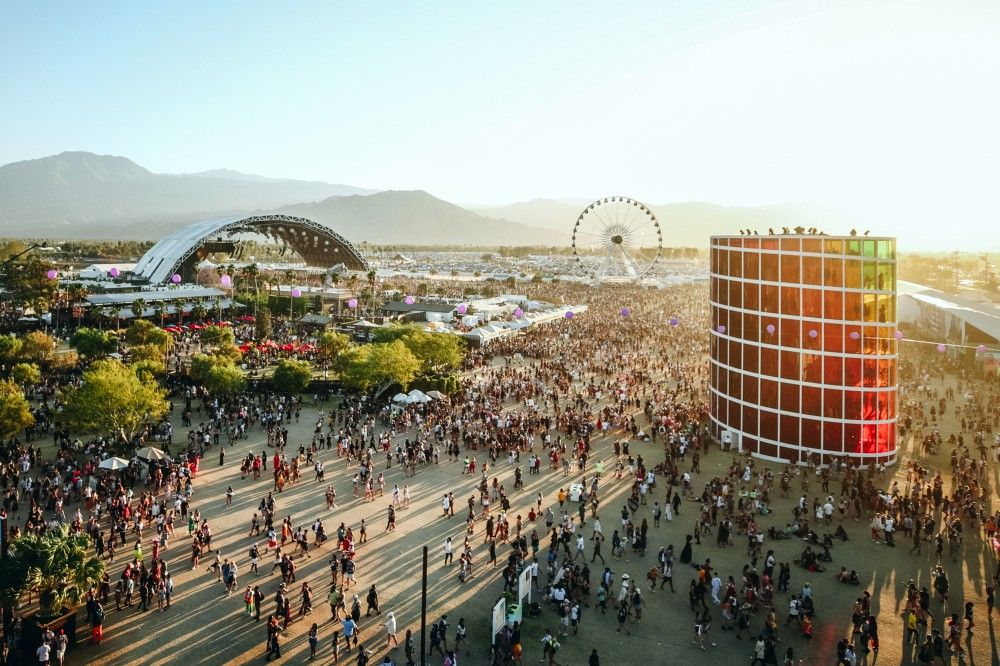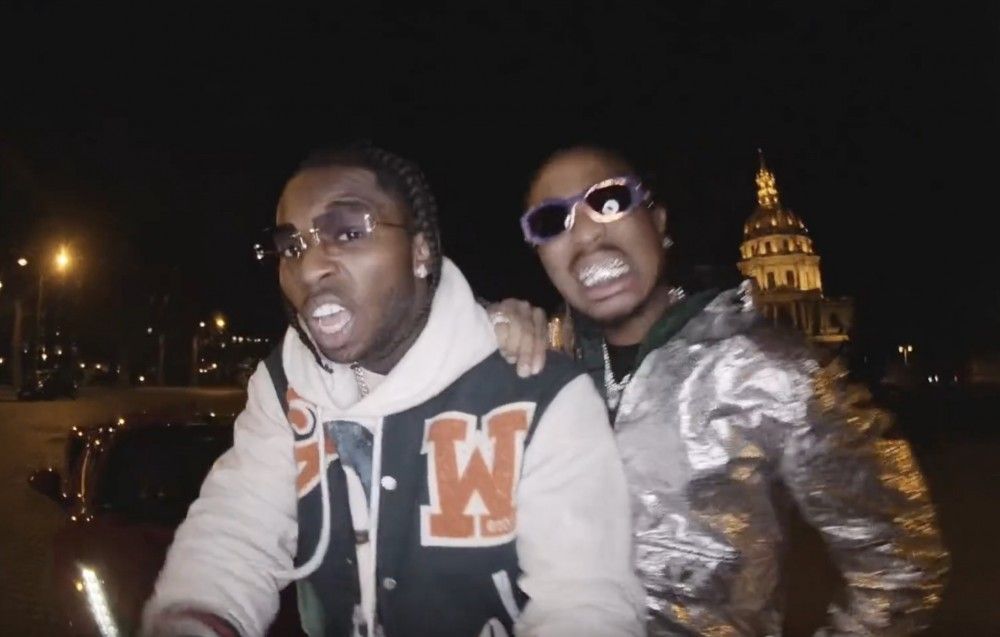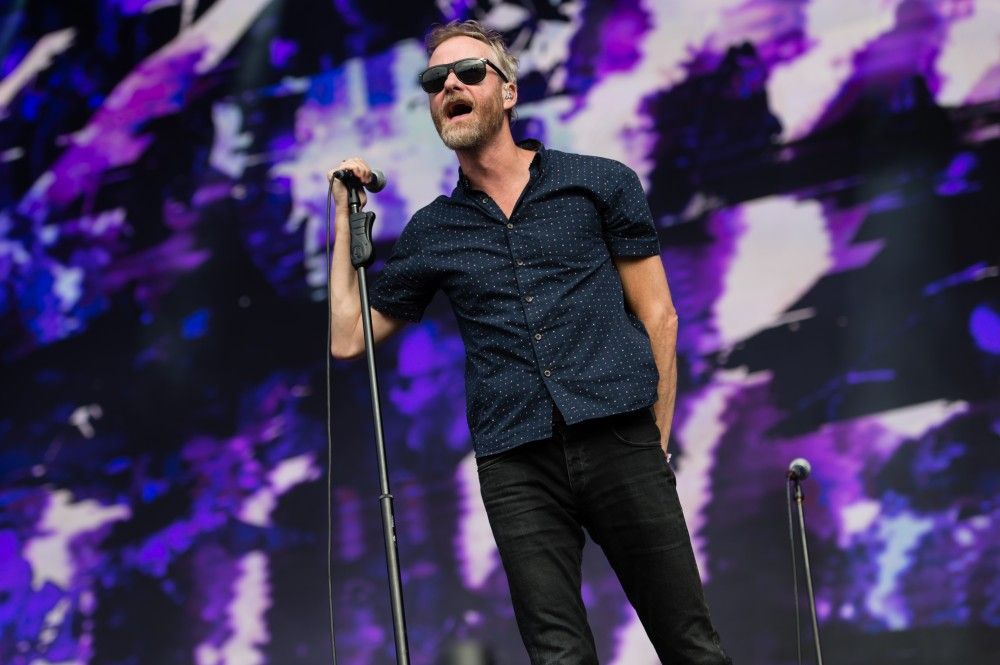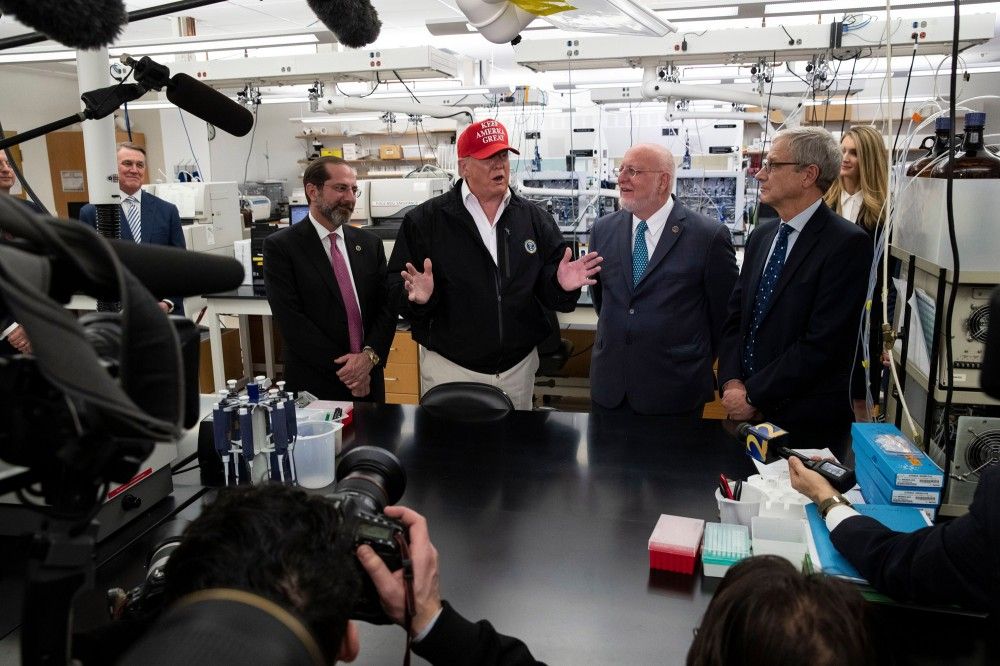
Promoters Want Live Music to Return This Fall. Not So Fast, Say the Medical Experts
When Goldenvoice, the promoter behind , postponed the giant music festival until October over fears, many fans understandably assumed that it meant the pandemic would be a crippling, but temporary, speed bump for the live . As other major festivals like Bonnaroo and Summerfest followed suit and announced their push toward the fall, the feeling that normality would return after the summer intensified. But just over a month after many Americans began staying at home over the worst pandemic in over a century, the timeline is much murkier.
According to several medical professionals contacted by Rolling Stone, the idea of concerts returning this fall could be, at best, unrealistic and, at worst, dangerous and irresponsible. Responses varied from doubtful to impossible, but the experts all agreed on one thing: major festivals and large-scale concerts were unlikely to proceed in 2020.
“I realize tons of people make their living doing this stuff, but I see concerts] as pretty far down the list in terms of opening events back up]; we’ve got to get the schools going first,” Dr. George Rutherford, an epidemiologist at the University of California, San Francisco, tells Rolling Stone. “Just because we get through this shelter-in-place doesn’t mean everything’s magically back to normal.” According to Rutherford, larger festivals and concerts won’t be a safe option until 90 percent of the population is immunized, which likely won’t happen until summer 2021.
Several other epidemiologists voiced similar concerns. Dr. Geoff Gottlieb, interim chair at the University of Washington’s Advisory Committee on Communicable Diseases, declined to provide an estimate on when concerts could be a safe option again, but noted the fall would likely be too soon.
“Ultimately, public health jurisdictions will decide when and under what conditions live music will be allowed,” Dr. Gottlieb says. “I don’t think it’s reasonable at this point to assume that this will be by September, especially for shows that don’t have well-validated mitigation and social distancing plans in place for their audiences and performers. Mass gatherings, such as large music festivals, will have the potential to seed new waves of infection from the virus and may not be possible until there is an effective vaccine, herd immunity, effective treatments or other proven public health measures in place.”
The live industry’s response to the virus has been, when possible, to buy more time and avoid cancellations that would cost artists and promoters millions. Postponing allows promoters to forgo immediately refunding hundreds of millions of dollars worth of tickets back to customers. (By some estimates, consumers have spent $1 billion on tickets, according to the New York Times.
Ticketmaster has also faced heat from fans in recent days after critics accused the ticketing company of changing its refund policy to be less favorable to customers in light of the pandemic. (Ticketmaster denied the accusation and said in a statement that over 4,000 postponed sporting events and concerts had already authorized refunds). On Thursday, the New York Times reported that New York State Senator James Skoufis asked Attorney General Letitia James to open up an investigation against the Live Nation-owned Ticketmaster, though James’ office said only it was “looking into the matter” and would not confirm.(Five of the largest festival promoters in the country declined to comment or did not respond to requests for comment on their decision-making process.)
Several government officials have been pessimistic of such a return as well. California Governor Gavin Newsom has been repeatedly vocal in his disbelief that any sort of mass gathering would be able to take place in the state before the end of the year. Earlier this month, Newsom rebuked claims from President Donald Trump that the NFL would be operating in August or September, and this week, he said it’d be very unlikely that mass gatherings could happen without a vaccine, which is still at least a year away. Los Angeles Mayor Eric Garcetti voiced similar speculation. According to an internal email obtained by the Los Angeles Times, Garcetti told high-ranking staff officials that mass gatherings may not be an option in the city for at least a year. “It’s difficult to imagine us getting together in the thousands any time soon, so I think we should be prepared for that this year,” Garcetti told CNN.
While new fall show dates haven’t ceased yet — Thom Yorke announced rescheduled show dates Wednesday for his tour, among many other artists — some festivals have canceled after mounting criticism. Following pressure from New Orleans Mayor Latoya Cantrell, New Orleans Jazz Fest organizers, who originally slated the fest for the last two weekends of April before rescheduling to the fall, canceled the whole event until 2021.
The door isn’t completely shut yet, says Dr. Stephen Morse, professor of epidemiology at Columbia University’s Mailman School of Public Health. It’s improbable, Morse says, but in the event that wider, improved at-home testing was made available in the next few months, or a vaccine comes sooner than expected, properly planned gatherings could still happen. Still, he says such a scenario is unlikely, and shows would have to come back later than expected.
“It’s wise that festival organizers] pushed, but it’s hard, and come later this summer, they’ll have to make a decision,” Dr. Morse says. “But I wouldn’t book my tickets now.”



